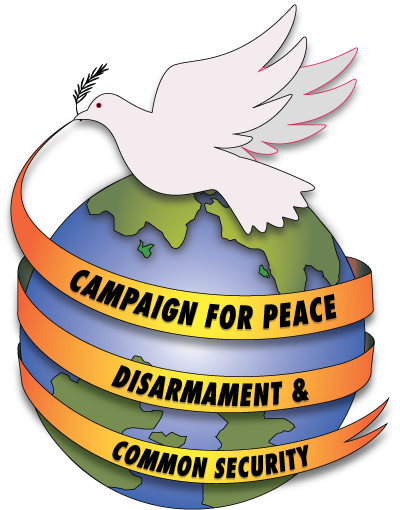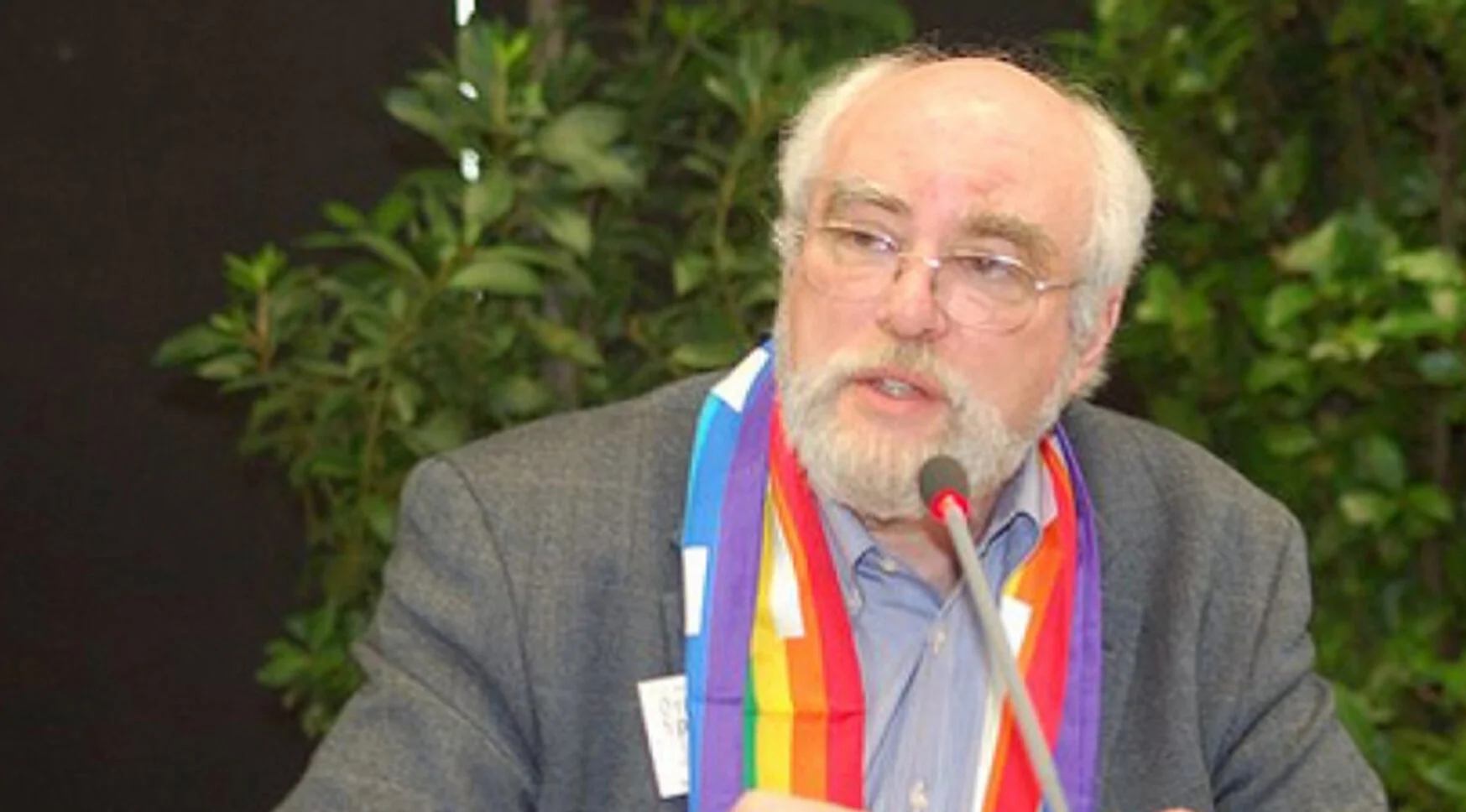By Joseph Gerson
Thank you for inviting me to join today’s webinar. I was impressed by Jean-Marie’s talk, and I look forward to reading and using it in the future as we can’t read those details in the New York Times.. I was asked to speak briefly about the “general context of US relations with Europe overall.” That is a very tall order, especially with the political earthquakes here, but with that caveat I will concentrate the conceptual foundations of U.S. policy toward Europe and some of its imperial manifestations .
In his book The Grand Chessboard Zbigniew Brzezinski, who served as President Carter’s national security advisor was clear that for decades – now for more than a century – the U.S. has been engaged in an imperial project. He chose, of course, to ignore the project’s disastrous human consequences. Instead, drawing on geopolitical traditions, he wrote that whoever dominates the Eurasian heartland will be the world’s dominant power. Brzezinski argued that because the US is an island nation, not unlike Britain, and to be dominant in Eurasia it needs three strategic toeholds on Eurasia’s periphery: Western Europe, Eurasia’s southern underbelly, and the West Pacific/East Asia.
Since the end of World War II and the establishment of NATO in 1949, NATO has served as the foundation of the US European toehold, reinforced by liberal formations like the G7 and others. Lord Ismay, NATO’s first general secretary, put it bluntly when he said that NATO’s purpose is to keep Russia out, Germany down, and the U.S. in. Over time, this has required the deepening integration of European elites – including Britain’s – into Washington’s imperial project. Think in terms of Prime Ministers Major’s and Blair’s roles in this century’s Iraq wars, NATO’s Afghanistan War to reinforce US and Western hegemony across Eurasia’s underbelly, and the deepening integration of NATO with the lattice-like network of U.S. Indo-Pacific alliances to contain China.
Rejecting essential lessons from history – among them Russia’s massive suffering and resistance in response to Napoleon’s, the Kaiser’s, and Hitler’s invasions – and pressed by Washington NATO recklessly and arrogantly expanded to Russia’s borders.
NATO’s 75th anniversary summit was designed to Trump-proof the alliance, even as Trump’s former and possibly future National Security Advisor Robert O’Brien vowed fealty to NATO and boasted that Trump’s criticism of the alliance made it stronger by increasing European military spending. NATO is no longer simply a “North American” alliance. The summit cemented NATO’s mission as a “global and interconnected” military alliance and consolidating the global dimensions of the alliance. In the run up to the summit, British and Dutch warships conducted shows of force in the Taiwan Strait. warships from nine NATO nations joined this month’s massive RIMPAC naval exercises.
As we all have been reading, support for Ukraine’s military was the leading dimension of the summit. In the face of MAGA opposition to funding Kiev, the summit endorsed European responsibility for future financial costs of the war as well as for coordination of delivery of war materials for the war. While refusing to formally welcome Ukraine into the alliance, whose article 5 would trigger a catastrophic NATO-Russia, and potentially nuclear war, U.S. commitments were made to advance military Interoperability is to be increased, including with Ukraine, and coordination with Sweden and Finland is to be accelerated. Notably, those counties prime ministers pledged to welcome nuclear weapons deployments in the case of wider war with Russia. Trump’s influence was also seen in the celebration of most NATO nations now spending 2% of GDP or more for their militaries. We should anticipate new pressures for 2.5 and 3% spending that will undercut spending for essential human needs, including addressing the climate emergency.
As in all recent NATO summits, the alliance was formally reaffirmed as a nuclear pact.. We are told that US and NATO nuclear weapons are designed for deterrence despite. Yet, the Pentagon has been clear that deterrence “has never been our doctrine.” President Carter’s Secretary of Defense Harold Brown once testified that with nuclear weapons as the core of US security systems, our conventional forces became “meaningful instruments of military and political power.” Noam Chomsky explained that this means the U.S. will threaten or eliminate any nation that attempts to intervene on behalf of a country that the US is determined to attack. From the Iran crisis of 1948 through the Iraq wars, this has been the U.S. practice. Daniel Ellsberg compared it to armed robbery.
Money see, monkey do. Putin’s and Medvedev’s nuclear saber rattling has been a reprise of the U.S. model and history.
Since being deployed in Europe, US and NATO nuclear weapons have been about more than classical deterrence, a doctrine which General Butler, who formally led the U.S. strategic command, has condemned as based on fallacies. A central purpose of the old and new B-61-12 warheads, and maybe dual capable Tomahawks missiles in the future, has been to prevent the decoupling of the European toehold. It was for this purpose that NATO’s Nuclear Planning Group was created six decades ago.
Let me then turn to US divisions over the Ukraine War. The recent U.S. Congressional battle that ended with tens of billions of dollars allocated for a long war with Russia underlined the profound impacts November’s elections will have for Europe, and the world disorder. If the lying, racist, rapist, Putin infatuated, and would-be dictator win the election, Kyiv will not see another U.S. penny.
Joe Biden, who is unlikely to win, is an old fashioned Cold Warrior. Rather than press for a ceasefire and negotiations for a secure and neutral Ukraine, he and the U.S. military are fighting a proxy war committed to the fantasy of Russia’s “strategic defeat,” which is to say regime change in Moscow. Biden supports Zelensky’s self-defeating war to regain Crimea and Russian-oriented eastern Ukraine, and as the saying has it, things that don’t look like they can last don’t. But one way or another we should expect deepening US and NATO commits to Baltic nations, Poland, and Moldova. And battlefield nuclear weapons could be deployed to Poland.
A Trump victory will likely lead to dealmaking and at least a Ukraine War ceasefire. But don’t count on Trump leading the US out of NATO, even as his misrule will lead to fissures in the alliance. Robert O’Brien, Trump’s last national security advisor recently outlined Trump’s foreign and military policy commitments. O’Brien’s pledge to renew nuclear weapons testing garnered the headlines, but there was more: Chillingly, he explained that Trump adheres “to his own instincts,” So nothing is certain. But, despite doubts about Trump’s embrace of alliances, O’Brien reported that the Trump mantra is “America first is not America alone…” Trump never canceled or postponed a single deployment to NATO. His pressure on NATO governments succeeded in increasing European military spending and making “the alliance stronger.” There will be massive increases in U.S. military spending, more nuclear armed and attack submarines, more B-21 dual capable bombers, “maximum pressure” against Iran, Support for lethal aid to Ukraine to be paid for by Europeans, while keeping the door open for diplomacy with Russia. And NATO rotating ground and air forces in Poland.
Expect more continuity in U.S. foreign and militaries instead of less. NATO and economic interdependence will continue as the foundations of U.S. power across in Europe. US support for Israeli apartheid and ties to oil-rich monarchies will endure. Like Obama and Biden, Trump’s military and economic priorities will focus on containing China, Washington’s “peer competitor,” further increasing the danger that an accident, incident, or miscalculation could escalate to nuclear war.
The bottom line is that Trump is an extraordinarily dangerous wild card. He practices international and domestic relations in the tradition of Mafia bosses, believing that if others“ win,” he loses.
Midst the wars and uncertainties, I believe survival requires winning ceasefires, creating strategic stability, retiring military alliances, and pursuing Common Security diplomacy. Without them disarmament, containing and reversing the climate emergency, peace and greater justice will be unreachable goals.

